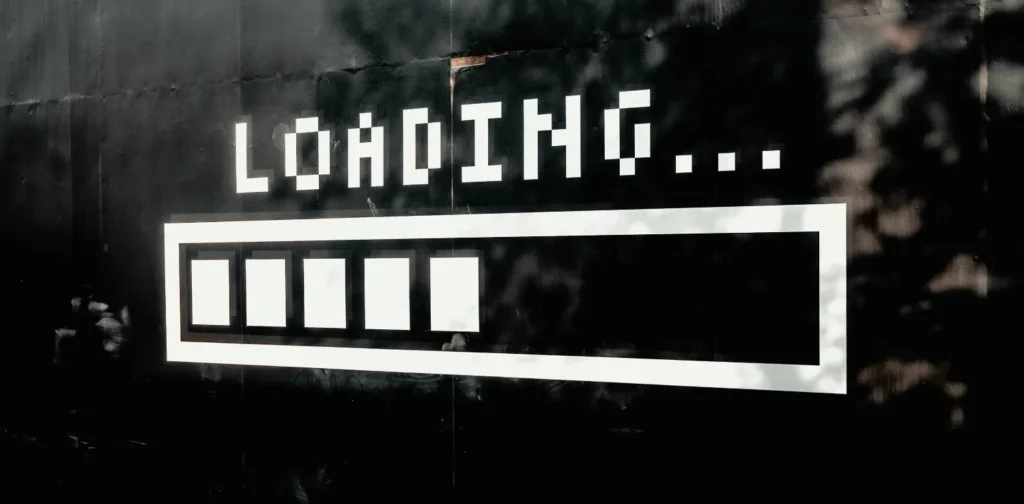SDG Progress in the Asia-Pacific Is Off-Track

Photo: Mike van den Bos on Unsplash.
The Sustainable Development Goals (SDGs) were adopted as the blueprint to achieve peace and prosperity for people and the planet. In 2025, ten years after its adoption, the SDG progress in the Asia-Pacific is far from where it should be.
Off-Track SDG Progress
The Asia-Pacific region is home to around 4.3 billion people. With over half the world’s population, progress towards the Sustainable Development Goals can be incredibly challenging, especially considering the region’s extensive energy consumption and high vulnerability to disasters.
According to the “Asia and the Pacific SDG Progress Report 2025” published by the UN Economic and Social Commission for Asia and the Pacific (UNESCAP), the SDG progress in the Asia-Pacific region is off-track. Progress towards several goals remains too slow, namely, Goal 12 (Responsible Consumption and Production), Goal 4 (Quality Education), and Goal 8 (Decent Work and Economic Growth).
Under Goal 8, the region sees declining labor force participation due to an ageing population and youth unemployment, as also mentioned in the International Labour Organization’s WESO Trends 2025 report. Meanwhile, increasing fossil fuel subsidies perpetuates unsustainable production and consumption patterns, taking steps away from Goal 12 and contributing to a highly alarming regression on Goal 13 (Climate Action). Additionally, Asia-Pacific continues to suffer from a high disaster toll despite progress in developing disaster risk reduction strategies.
Improvements and Remaining Gaps
Still, positive progress occurs. The report notes development in Goal 9 (Industry, Innovation, and Infrastructure) and Goal 3 (Good Health and Wellbeing), supported by the expansion of digital infrastructures and networks. For instance, Thailand has rolled out a universal healthcare program based on digitalization and health data integration to expand accessibility.
Significant improvement is also observed in maternal, infant, and child health, demonstrating the benefits and gains of targeted investments and effective policies. However, the report also finds a crucial gap in data availability that hinder SDG progress.
“…data gaps persist in critical areas, particularly in gender equality (Goal 5) and peace, justice, and strong institutions (Goal 16). Furthermore, there is still a lack of disaggregated data—by migratory status, disability, sex, and location—which limits our ability to fully understand and address the diverse needs of populations,” said Ms. Lin Yang, Deputy Executive Secretary of UNESCAP.
Partnerships for Transformation
A systemic transformation will be imperative to accelerate progress toward achieving Sustainable Development Goals. For instance, bridging the data gap will require leveraging community partnerships to understand the conditions on the ground better. Furthermore, strong political leadership, substantial investment, and strong partnerships between governments, businesses, and civil society are also the building blocks of this transformation.
“As we look to the future, we continue to find signs of hope in our shared and enduring commitments, our interconnectedness, and our strength through regional cooperation,” wrote Armida Salsiah Alisjahbana, the Under-Secretary-General of the United Nations and Executive Secretary of ESCAP. “Across Asia and the Pacific, new partnerships and creative approaches offer hope and actionable pathways to overcome the most persistent challenges.”
Read the full report here.
Editor: Nazalea Kusuma

Co-create positive impact for people and the planet.
Amidst today’s increasingly complex global challenges, equipping yourself, team, and communities with interdisciplinary and cross-sectoral insights on sustainability-related issues and sustainable development is no longer optional — it is a strategic necessity to stay ahead and stay relevant.

Kresentia Madina
Madina is the Assistant Manager of Stakeholder Engagement at Green Network Asia. She holds a bachelor’s degree in English Studies from Universitas Indonesia. As part of the GNA In-House Team, she supports the organization's multi-stakeholder engagement across international organizations, governments, businesses, civil society, and grassroots communities through digital publications, events, capacity building, and research.


 Indian Gig Workers Push Back Against 10-Minute Delivery Service Strain
Indian Gig Workers Push Back Against 10-Minute Delivery Service Strain  Call for Governance: Grassroots Initiatives Look to Scale Efforts to Conserve Depleting Groundwater
Call for Governance: Grassroots Initiatives Look to Scale Efforts to Conserve Depleting Groundwater  Integrating Environment, Climate Change, and Sustainability Issues into Education Systems
Integrating Environment, Climate Change, and Sustainability Issues into Education Systems  Finally Enforced: Understanding the UN High Seas Treaty
Finally Enforced: Understanding the UN High Seas Treaty  Risks and Opportunities of Submarine Communication Cables for Sustainable Development
Risks and Opportunities of Submarine Communication Cables for Sustainable Development  Rising Attacks and Violence Against Land and Environmental Defenders
Rising Attacks and Violence Against Land and Environmental Defenders